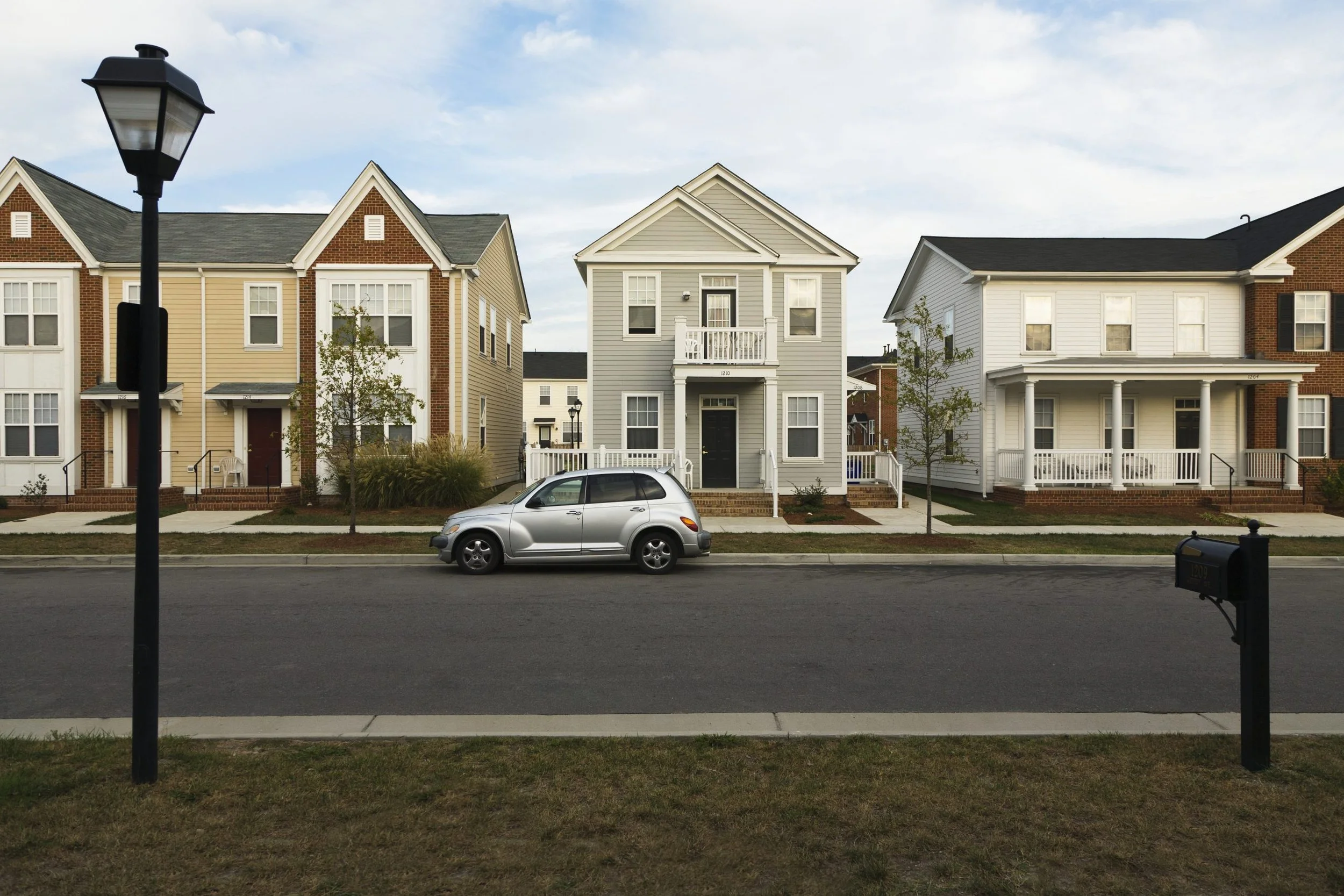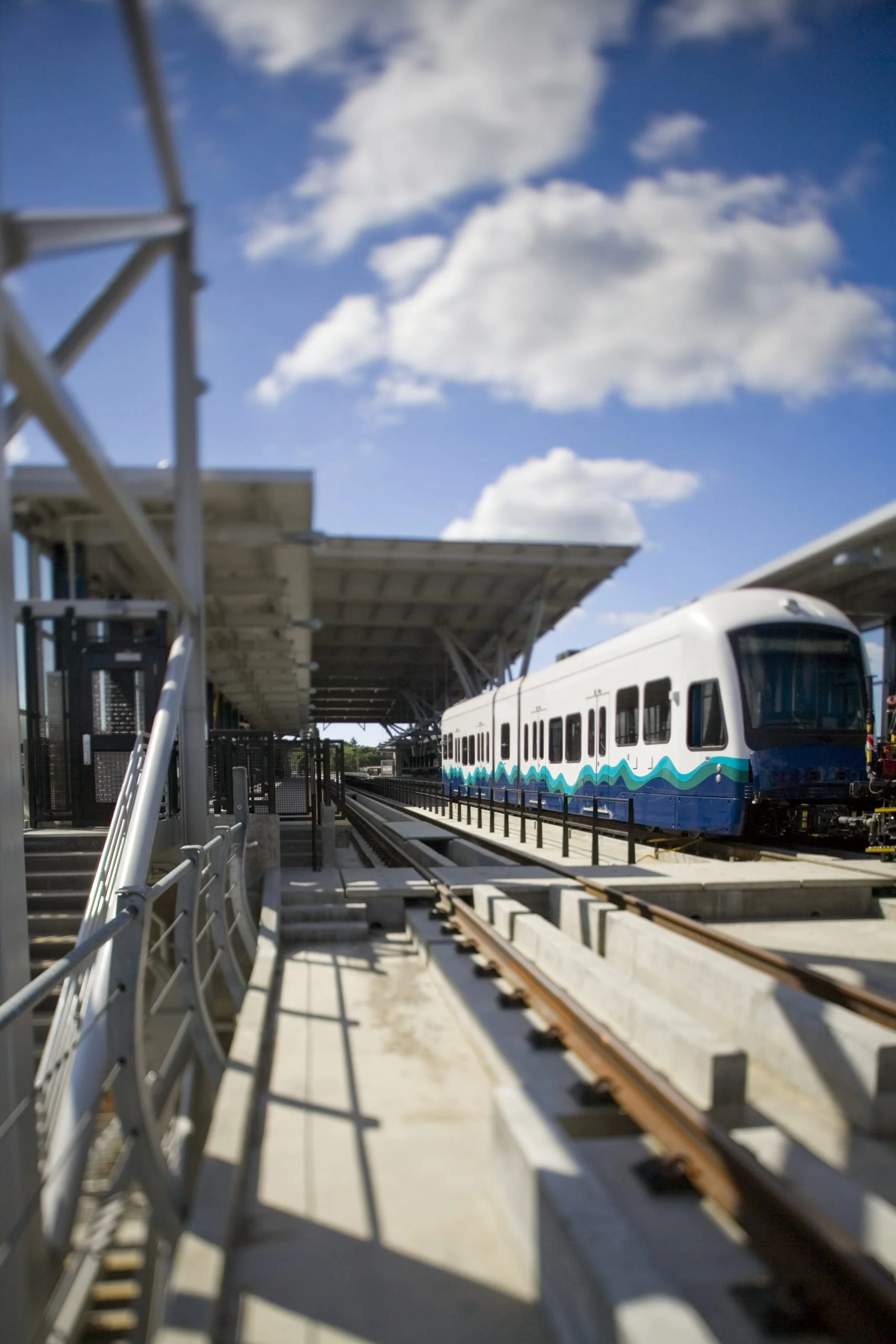What Washington’s 2025 Housing Policies Mean For You
The real estate market is always a dynamic and shifting landscape, but for those involved in the Washington housing market—whether you’re a buyer, seller, developer, or agent—2025 is shaping up to be a pivotal year. Several statewide initiatives and policies are set to take effect or gain traction, impacting everything from affordability to sustainability and zoning.
Here, we’ll guide you through some of the most relevant legislative changes, green housing initiatives, and evolving policies that could influence how you approach the housing market in the coming months. We’re here as your sounding board and your navigator so that you may make informed real estate decisions.
The Missing Middle Housing Bill
Washington’s Missing Middle Housing Bill represents a major shift in state housing policy, highlighting the need for increased housing density. The legislation primarily focuses on allowing duplexes, triplexes, and other multi-family housing options in areas traditionally zoned for single-family homes. The goal is to address Washington’s growing demand for affordable and diverse housing options.
Who Benefits?
As more housing inventory enters the market, home buyers may benefit from increased affordability and a wider range of options. Sellers, on the other hand, might face more competition for single-family homes, but they could also see greater interest in properties located in communities where zoning changes allow for multi-family configurations. We’ll stay informed about how the bill alters zoning regulations so we can guide you toward smart investment opportunities.
Neighborhoods on the cusp of policy adaptation could be red-hot for sellers and investors alike. Stay ahead by consulting with us on how these changes impact specific areas across Washington.
Transit-Oriented Development Incentives
State officials are also prioritizing transit-oriented development (TOD) to reduce urban sprawl and tackle traffic congestion. TOD policies incentivize high-density housing near public transportation hubs, making it easier for residents to commute sustainably while supporting local economies.
Buyers can expect properties near transit hubs to increase in value, but first-time buyers who act early may be able to secure homes before prices climb. Sellers in transit-friendly areas may experience accelerated demand, particularly among urban professionals and younger buyers. If proximity to public transport is a priority for your real estate goals, now is the time to explore those opportunities with guidance from your RSIR broker.
AccessorY Dwelling Unit (ADU) Regulations
Accessory Dwelling Units (ADUs) remain a hot topic in housing discussions. Washington’s recent updates to ADU regulations aim to streamline construction approval processes, making it easier for homeowners to build backyard cottages, basement units, or garage-conversion apartments.
A Closer Look at the Benefits
For buyers, accessory dwelling units (ADUs) present a unique opportunity to offset mortgage expenses by generating potential rental income, thereby making homeownership more attainable. Sellers may also benefit, as homes with existing ADUs often see elevated valuations due to their added functionality and income potential. Meanwhile, developers and investors gain a lucrative advantage by densifying existing plots of land without the need for rezoning, opening the door for promising long-term investments.
Green and Sustainable Housing Initiatives
Sustainability is no longer optional—especially in Washington. Green housing initiatives, such as energy efficiency requirements and carbon reduction goals, are being rolled out statewide. Builders now have access to grants and tax credits to construct homes using eco-friendly designs, such as solar power systems, passive heating, or high-efficiency insulation. Environmentally conscious buyers will have more choices, and many new homes could help save on utility costs thanks to energy-efficient technology. Green-certified properties might fetch higher prices and attract a niche segment of eco-minded buyers. Whether you’re interested in buying an eco-friendly home or positioning a green-certified property in the market, RSIR agents are ready to help you capitalize on this growing trend.
What These Policies Mean for You
The broad push for housing accessibility, density, and environmental responsibility offers opportunities for everyone involved in Washington’s real estate market. However, navigating these shifts requires knowledge—not only about the policies themselves but also about how they reshape local market dynamics.
Your RSIR agent can help you:
Evaluate neighborhoods where new density zoning or TOD incentives could make properties more affordable now—and appreciate in value later.
Understand how legislative changes affect current property values and take action to position your home competitively.
Connect with an RSIR broker to discuss how 2025’s housing policies impact your real estate plans. And for even more insights and updates, subscribe to RSIR’s market insights newsletter.



